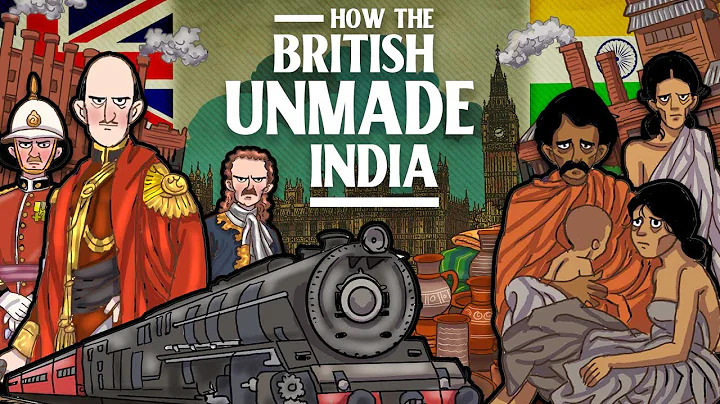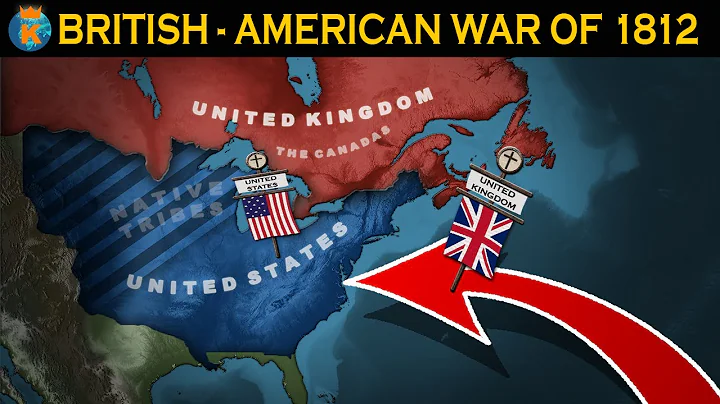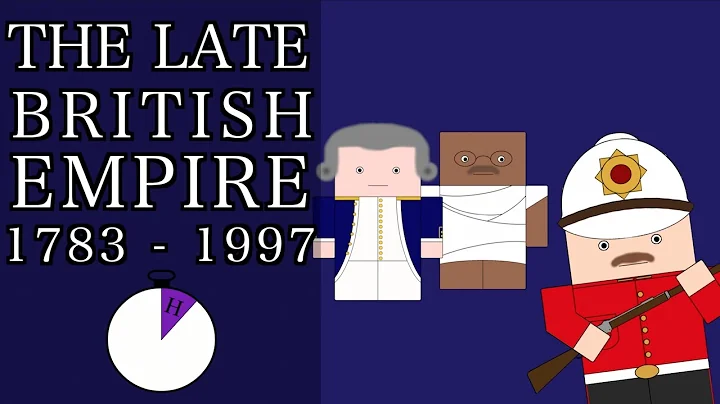During the Hanoverian Dynasty, under the rule of George I, George II, and George III, the British Empire worked hard to expand overseas and compete for global hegemony.
"The History of the Expansion of the British Empire" tells the history of Britain's rise from a third-rate country in Europe to a world hegemon with many colonies. How did the three King Georges from Hanover replace the Stuart royal family as collaterals, defeat the Jacobite rebellion twice, and finally gain a foothold in Britain? How did the Whig party aristocracy, which had dominated British politics for half a century, split and lose power? How was the modern British cabinet system gradually established in the dealings between several generations of prime ministers and three generations of King George?
How did Britain win the Seven Years' War under the leadership of old William Pitt, and finally seize colonies such as Canada, Florida, and India from the Kingdom of France, Kingdom of Spain? How did the North American colonies take advantage of Great Britain's internal struggles to form an alliance with the Kingdom of France and eventually gain independence under the leadership of George Washington ? And how did Britain, which had lost its North American colonies and faced persecution from European powers, break through the siege under the leadership of William Pitt Jr., who was only 25 years old, fought for peace externally, stimulated the economy internally, and quickly regained maritime supremacy in just ten years? Status?
About the author
Arthur Hassall, a famous British historian, a member of the Royal Historical Society, and senior editor of the "British Historical Review". His main representative works include "General History of Britain" and "Chronicles of Europe".

Wonderful abstract
On September 18, 11714, George Lewis, the Elector of Hanover, landed in England and successfully inherited the throne of Great Britain. The Act of Succession of 1701 established the Hanoverian family's right to inherit the throne of Great Britain. As early as 1698, George Lewis succeeded his uncle Ernst Augustus as Elector of Hanover. Subsequently, because his mother Sophia died a few weeks before Queen Anne's death, George Lewis became the heir to one of the most important monarchies in Europe.
htmlIn the 117th century, the Electorate of Hanover had a prominent position in Germany, and its palace was "magnificent", comparable to the courts of Dresden and Vienna. Therefore, before becoming King of Great Britain and Ireland, George Lewis was already the ruler of an important territory in Europe.
George I had deep feelings for the original Electorate of Hanover and its political system. He was Lutheran and spoke no English. After ascending to the throne of Great Britain, he quickly adapted to the new political environment. He never attempted to free himself from the constitutional constraints on the king's power, although such constraints abounded in the British system of government. He also never interfered with the Church of England. His religious policy was therefore liberal in nature. He readily accepted the ministers' suggestions. He did not attend cabinet meetings because he did not understand English. Therefore, after he ascended the throne, the importance and independence of the cabinet gradually increased.
Among the people who accompanied George I to England in 1714 were several members of the Privy Council of the Electorate of Hanover. But among them, only Andreas Gottlieb von Bernstorff had a significant influence on George I's policies. Hans Caspar von Bothmer, the envoy of the Elector of Hanover to the court of Queen Anne, remained in England until his death in 1732. Johann Philipp von Hartof, who accompanied George I to England, served as George I's chamberlain. The political alliance between Great Britain and Hanover lasted until Queen Victoria came to the throne. This brought a lot of inconvenience to the King of Great Britain and even often affected the foreign policy of the Kingdom of Great Britain. It can be said that the accession of George I closely linked the Kingdom of Great Britain and the Electorate of Hanover, and marked the replacement of the Stuart Dynasty by the Welf Dynasty.The Welf Dynasty emphasized the construction of a government led by a political party, which was the clear beginning of the " rational era ". The "Age of Reason" refers to the historical period of Great Britain from the accession of George I to the death of George II.
Recommended reading






















